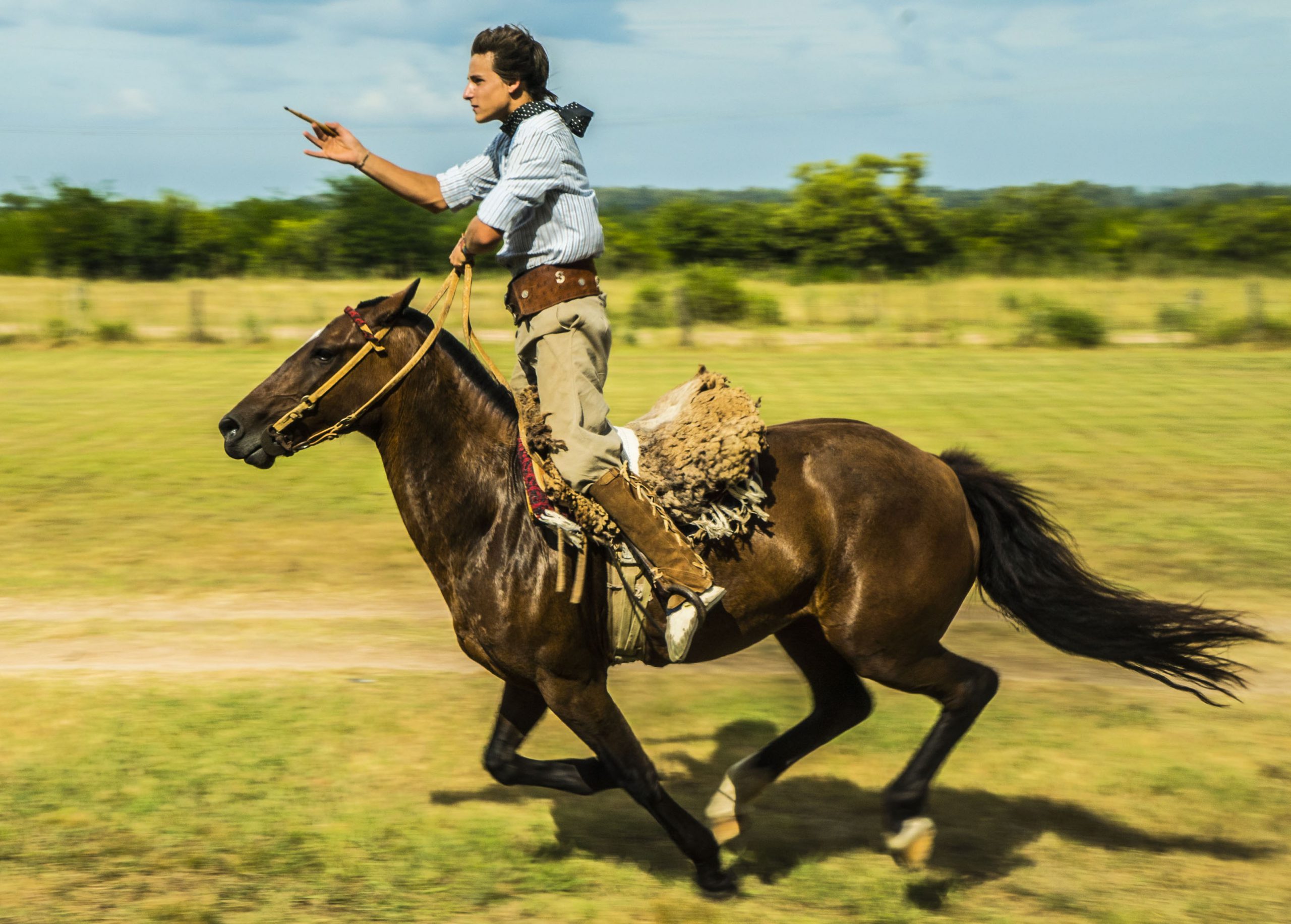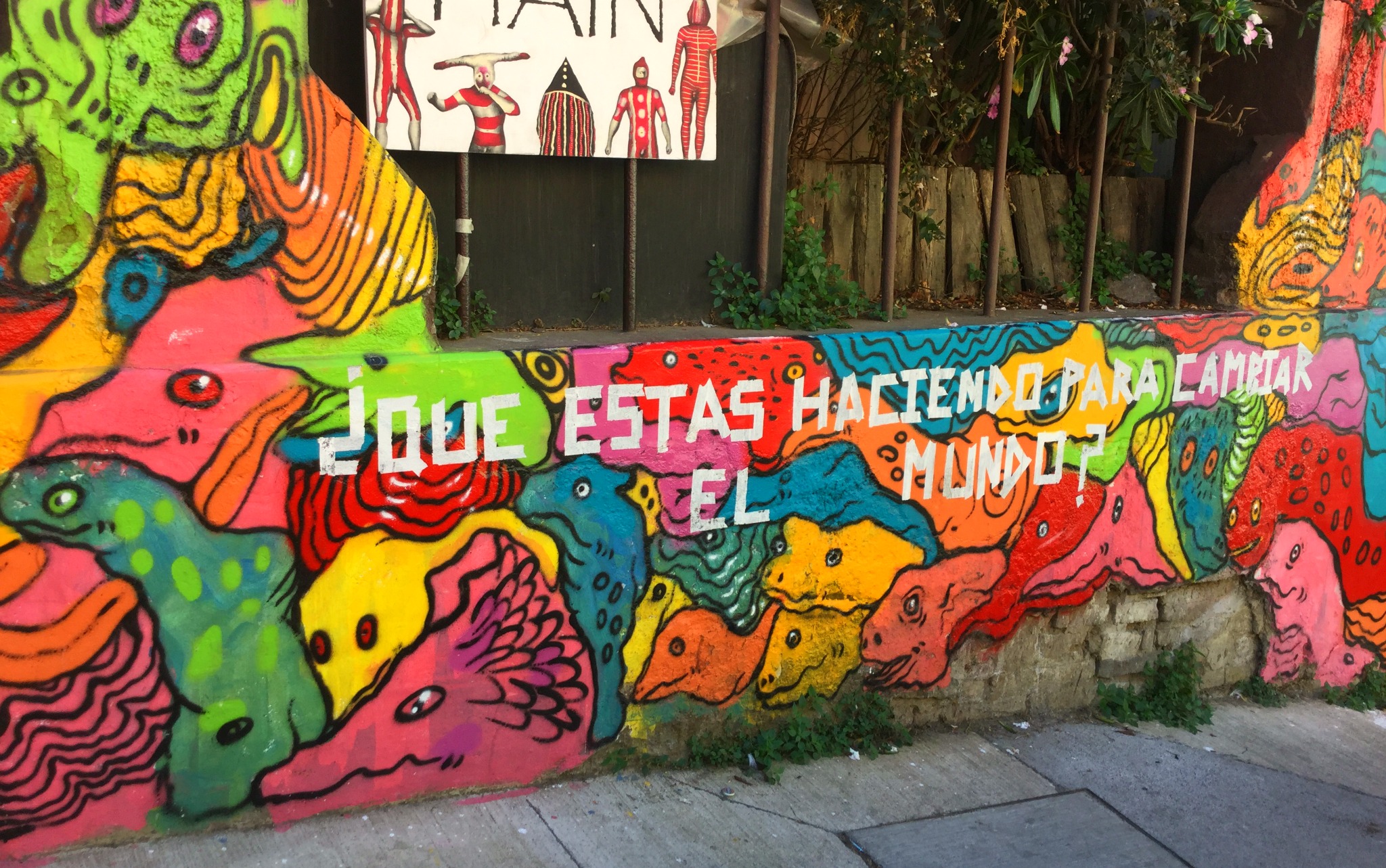south america

- 04-Apr-2016
Estancia La Porteña and Fleeing an Undesired Life
On the 30th of January, 2016, I spent the day at an Argentine ranch, more commonly known as an “estancia,”Read More ⇾

- 30-Mar-2016
Friendship Meets Public Transport
MICRO [mee-croh]: the word Chileans use for city buses. [caption id="attachment_4016" align="alignnone" width="2448"] The famed Chilean micro.[/caption] By theRead More ⇾

- 07-Mar-2016
Do as the Chileans Do
Hola, me llama es Natalie. I am spending this semester "studying" abroad in Valparaiso/Vina del Mar, Chile. I've placed thoseRead More ⇾

- 02-Mar-2016
Education Abroad and a Search for the Past
My study abroad experience in Argentina began on January 26th after a grueling 18 hour flight from Los Angeles to Atlanta,Read More ⇾

- 21-Apr-2015
Stop Panicking: A Gringa in Chile
Mucho Gusto! My name is Lindsay, and normally I'd introduce myself as an Elementary/Bilingual Education and Spanish Student from SouthernRead More ⇾

- 15-Apr-2015
Culture Shock is a Real Thing
I've heard talk about culture shock many times in the past. I don't think I ever understood why it happened,Read More ⇾

- 29-Dec-2014
Professional Lenses
I don’t think it’s possible that a program abroad for four months wouldn’t touch nearly every facet of your lifeRead More ⇾

- 06-Oct-2014
The Beginning
Quito: the capital city of the country of Ecuador, where I will be spending the next four months of myRead More ⇾

- 17-Jun-2014
Science, Medicine, and Global Health
Since before my freshman year of college began, I have desired to obtain the dual degree MD/PhD. The MD signifiesRead More ⇾

- 28-May-2014
The Oscillations of Life Abroad
While this graph certainly describes many of the joys and struggles of studying abroad, my experiences would look a bitRead More ⇾



